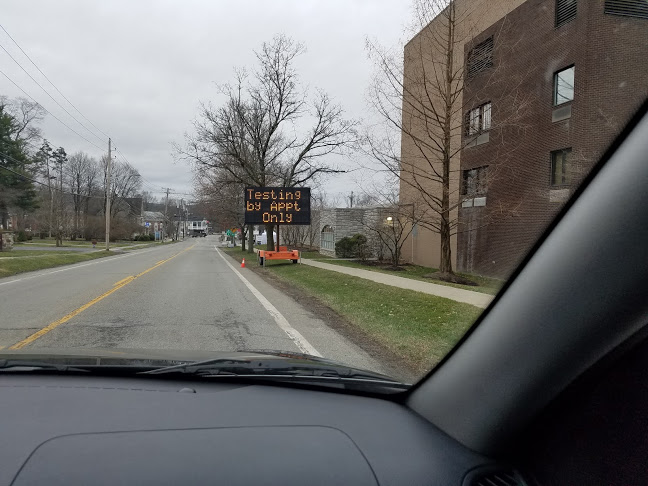
By Myrek Zastavnyi
President Donald Trump wasted no time after his inauguration, issuing sweeping pardons and withdrawing the U.S. from the Paris Climate Agreement. His first actions signaled a return to the priorities of his previous administration, while contrasting sharply with those of his predecessor, Joe Biden.
Pardons for Jan. 6 Defendants
Late on Jan. 20, Trump fulfilled a major campaign promise by pardoning nearly 1,500 individuals charged in connection with the Jan. 6, 2021, Capitol protests, a group he referred to as “J6 hostages.” He also commuted the sentences of 14 people still serving time.
“You’re going to see a lot of action on the J6 hostages,” Trump said earlier that day during his inaugural address. In December, he pledged to review these cases, focusing on non-violent offenders. “They’ve suffered greatly, and in many cases, they should not have suffered,” he said.
The decision brought relief to families like Angela McKinnon’s, whose son, Robert Morss, a former Army Ranger, had been convicted on charges including obstructing an official proceeding. “I feel if he didn’t do that, it would fracture his base,” McKinnon said, expressing gratitude for her son’s commutation.
Vice President JD Vance clarified in a recent interview that individuals who engaged in violence on Jan. 6 “shouldn’t be pardoned.”
Biden’s Final-Day Pardons
Trump’s swift action followed a series of controversial preemptive pardons issued by outgoing President Joe Biden just hours before leaving office. Biden granted clemency to Dr. Anthony Fauci, retired Gen. Mark Milley, and members of the Jan. 6 Committee, as well as law enforcement officers who testified during its investigation.
“I believe in the rule of law, but these are exceptional circumstances,” Biden said in a statement. “I cannot in good conscience do nothing.” Biden’s pardons also extended to his son, Hunter Biden, who faced gun and firearm charges.
Republicans sharply criticized the pardons, with Rep. Andrew Clyde (R-Ga.) calling them a “cover-up” for alleged misconduct. Biden maintained that the pardons did not imply guilt but were meant to shield individuals from what he described as “politically motivated prosecutions.”
Climate Policy Shift: Exiting the Paris Accord
In another significant move, Trump signed an executive order titled “Putting America First in International Environmental Agreements,” withdrawing the U.S. from the Paris Climate Agreement. “The United States will consider its withdrawal from the agreement effective immediately,” the order stated.
This marks the second time Trump has removed the U.S. from the climate pact, which he has repeatedly criticized as unfair to America. The order also terminated U.S. financial commitments under the agreement and directed federal agencies to prioritize American economic interests in future energy policies.
“The Paris Accord would’ve been a giant transfer of American wealth to foreign nations,” Trump said during his campaign. He has pledged to reverse energy policies enacted by Biden, which he claims have driven up costs and hurt U.S. energy security.
Trump’s early actions have drawn praise from his supporters but also criticism from environmental advocates and political opponents. Laurence Tubiana, an architect of the Paris Agreement, described the withdrawal as “damaging” but noted global momentum for climate action remains strong.
With sweeping pardons and sharp policy shifts, Trump’s second term has begun with a focus on fulfilling campaign promises and reversing Biden’s policies.






